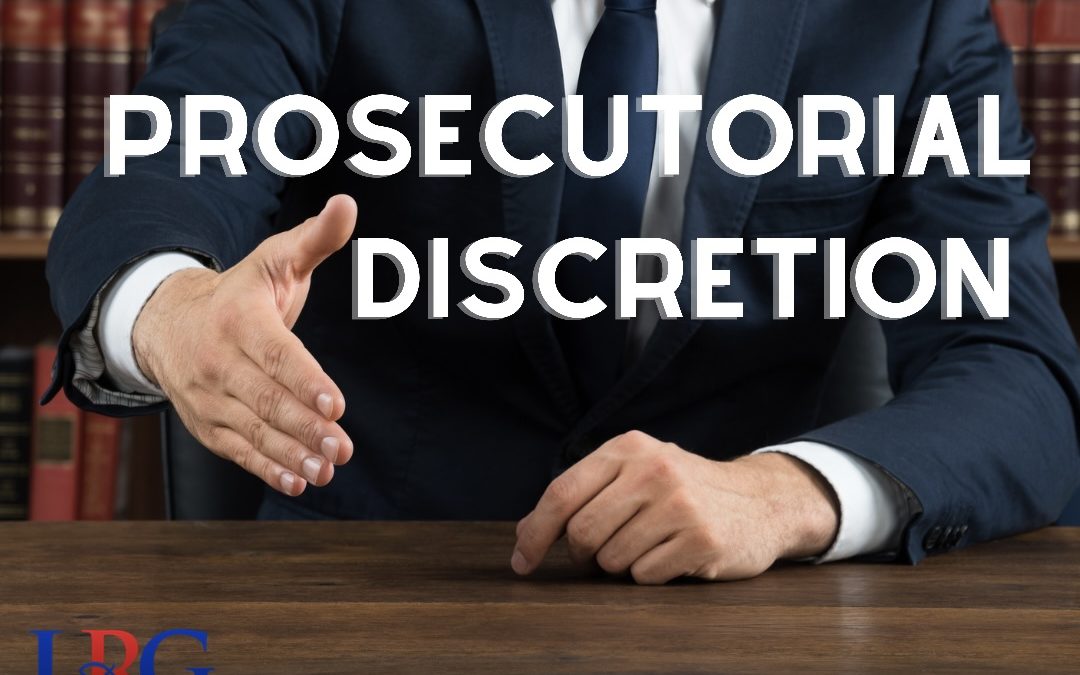How can prosecutorial discretion benefit you if you’re facing deportation?
What Are Removal Proceedings?
If you are facing deportation, you are most likely in removal proceedings before an Immigration Court. It is the immigration judge, who works for the Executive Office of Immigration Review (EOIR), who ultimately decides whether to grant or deny your case. A grant by the immigration judge usually means you have obtained lawful status and will be permitted to stay in the United States. If the immigration judge denies your case, then it means the judge did not approve your application for relief, you do not have lawful status and most certainly have obtained an order of removal.
The U.S. government (the Department of Homeland Security) in removal proceedings is represented by U.S. Immigration Customs and Enforcement (ICE) counsel. These attorneys are sometimes referred to as Trial Attorneys, Chief Counsel or OPLA Attorneys as they work for the Office of the Principal Legal Adviser which is under the ICE branch. It is ICE attorneys who file the Notice to Appear (NTA) with the immigration court to begin removal proceedings against a foreign national. Since they have the authority to issue this document which commences deportation proceedings, they also have the power to seek to withdraw or dismiss this document from the immigration court thereby ending the removal proceedings.
The foreign national or noncitizen in removal proceedings is referred to as the Respondent. Unlike in criminal proceedings, a noncitizen is not entitled to legal representation. If the noncitizen can afford, he or she can hire an attorney to represent their interests; this attorney is referred to Respondent’s counsel.
Thus, in removal proceedings there are three main parties, the immigration judge, the trial attorney and the respondent with his or her attorney if they are able to pay for representation.
Are You Considered a Priority for Deportation?
As there is approximately a backlog of over 1.3 million cases in the immigration courts, John D. Trasvina, the Principal Legal Advisor of the U.S. Immigration and Customs Enforcement on May 27, 2021, issued a memorandum for all OPLA Attorneys providing an interim guidance regarding how to handle civil immigration enforcement and removal policies and priorities. The issuance of the Trasvina Memorandum came about as a result of then-Acting Secretary of Homeland Security David Pekoske issuing a memorandum in response to President Biden’s January 20, 2021 Executive Order 13993, Revision of Civil Immigration Enforcement Policies and Priorities, 86 Fed. Reg. 7051 (Jan. 20, 2021), directing ICE to issue an interim guidance implementing the revised enforcement priorities according to the executive order.
The Trasvina Memorandum, emphasized the three categories of cases that were identified as enforcement and removal priority by a previous memorandum for ICE personnel. These three categories of enforcement and removal priority are the following: 1) National Security cases, 2) Border Security cases, and 3) Public Safety cases. Under national security, foreign nationals involved with terrorism or espionage are identified as a priority. Under border security, noncitizens detained at the border attempting to enter the United States unlawfully on or after November 1, 2020, or those who were not physically present in the United States prior to that date are considered a priority in seeking their removal from the United States. Under public safety, noncitizens who are determined to pose a threat to public safety and who have either been convicted of aggravated felonies as defined by section 101(a)(43) of the Immigration and Nationality Act (INA) or those with gang involvements are considered a priority to be removed from the United States.
Therefore, if you are facing deportation and do not fall within one of the above three specified categories of priority cases, then it is very possible that you are eligible to seek and obtain prosecutorial discretion.
What is prosecutorial discretion?
Prosecutorial discretion is when ICE counsel decides to exercise his or her discretion and not pursue immigration enforcement of deportation. Under the exercise of prosecutorial discretion, ICE counsel can decide to not file the Notice to Appear (document issued to commence deportation proceedings) or to cancel a Notice to Appear. They can agree to bond or conditions of release (like GPS monitoring or check-ins) or not appeal a bond grant. They can join in motions to reopen for relief that a foreign national may now qualify for or can also agree to motions to continue to allow the Respondent an opportunity to file additional evidence or legal briefs. This is a non-exhaustive list of the different types action the trial attorney can make in the exercise of prosecutorial discretion.
How can prosecutorial discretion benefit you if you’re facing deportation?
Prosecutorial discretion can especially be beneficial to you if ICE counsel decides to dismiss/terminate or administratively close proceedings. A dismissal or termination of removal proceedings means that you will no longer be actively facing deportation. ICE counsel agreeing to administratively close proceedings means that your deportation case will be indefinitely closed until one of the parties moves the court to recalendar the case. In certain situations, it is particularly beneficial to administrative close proceedings as it may allow you to continue applying for a work permit based off an application you had pending before the court. While an administrative closure does not end deportation proceedings against you, it does set it aside for an undefined time which means you will no longer need to be presenting yourself to court until a motion is filed with the immigration court.
How do you know if you’d make a great candidate for prosecutorial discretion?
The Trasvina Memorandum lists mitigating or positive factors ICE counsel should consider when deciding whether or not to exercise prosecutorial discretion for the noncitizen. These non-exhaustive factors include the noncitizen’s:
- Length of residence in the U.S.
- Military service
- Family or community ties in the U.S.
- Circumstances of arrival in the U.S. and the manner of their entry
- Prior immigration history
- Current immigration status
- Work history in the U.S.
- Pursuit or completion of education in the U.S.
- Being a witness, victim, or plaintiff in a civil or criminal case
- Potential immigration relief available
- Contributions to the community
- Compelling humanitarian factors (poor health, age, pregnancy, status as a child, or status as a primary caregiver of a seriously ill relative in the U.S.
How can I apply for prosecutorial discretion?
While the Trasvina Memorandum directs ICE counsel to evaluate people’s cases for prosecutorial discretion even if the noncitizen does not ask for it, it is in your best interest if you are eligible and can benefit from the exercise of prosecutorial discretion to request it yourself. How you specifically request it depends on your jurisdiction as each OPLA office has their independent instructions regarding their preferences of how they want to review these types of cases. Given the over 1.3 million of cases backlogged in the immigration court system, it is in your best interest to make sure ICE counsel is aware of your case and as soon as possible decides whether or not to exercise prosecutorial discretion.

